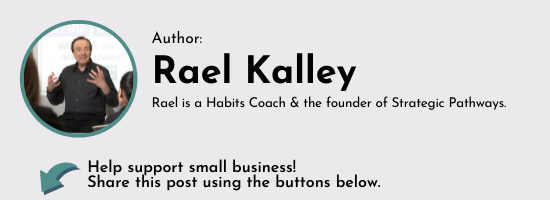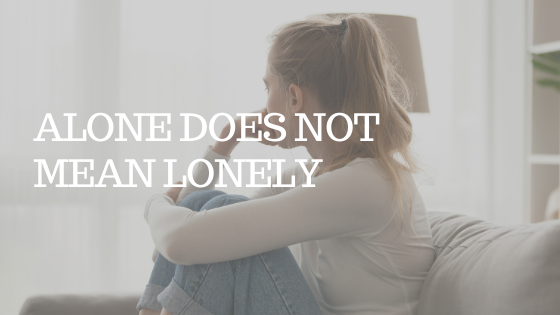Three lengthy calls over the past week have helped me understand the notion of self isolation – removing oneself from the rest of the world for a period of time – is a challenging endeavor that serves to highlight how much we take social interaction for granted.
Each of the three people I spoke with chose to quarantine themselves as they were either experiencing flu-like symptoms or had recently been in direct contact with a person who had subsequently tested positive for the COVID-19 virus that is spreading terror across our planet.
These folks, in accordance with the strong recommendations from our healthcare experts, made responsible choices to not only protect themselves but also all those around them.
And, in speaking with them, none of them had given much thought to the challenges that complete separation from others can bring.
All three spoke of the mind-numbing boredom that has caused time to slow down creating the illusion that what feels like a minute is really a second and what feels like an hour is really a minute.
One person talked of living in the basement of his house with his only human contact being a few times each day when “my wife opens the door and throws down some food.”
Another spoke of the overwhelming feeling of loneliness she felt by having herself as her only company.
And the third told me he felt like he was in prison and all his freedom of movement had been removed.
Having never been confined to a space with no human contact, I could offer no advice from personal experience, but these conversations did cause me to question what guidance I would give others should my opinion ever be asked and here is the advice I would recommend.
Treat each day as you would if you were living your normal life. Do what you usually do. What this means is that each day should bring with it the same planning and expectations you have incorporated into your everyday life.
For example, if part of your normal routine is to get up early, go to the gym and do a workout before going off to work, then get up early and work out in the privacy of your present cell. Certainly you will not have access to all the equipment provided by your gym, but you are fully capable of exercising rigorously by yourself.
Then, go to work.
Plan your day. This means filling your daytime and evening hours with activities similar to those you undertake in regular times. If the first two hours of your work-day is usually taken up with administrative functions then plan to spend equivalent time on some work-related tasks.
Have lunch with a friend.
Huh? Tough to do when you’re in isolation.
Ever heard of Skype, Zoom, WhatsApp, Messenger, Face Time, Webex or any of the dozens of similar apps out there?
Use one of them and invite a friend or colleague for face-to-face chat over lunch.
After all, when we have lunch with a friend or colleague all we are doing is eating while we chat, or chatting while we eat.
This technology allows us to have lunch with a colleague while not being bothered by his annoying habit of stealing French-fries off our plate as if somehow, we were equal partners in the ownership of your meal.
Ditto for arranging meetings with colleagues, clients and associates.
Double ditto for an intimate dinner.
Use this time to do some of those tasks you have been putting off for weeks/months/years: start writing that book; enroll in that online course; assemble, and spend a few hours each day playing the drums you bought two years ago. After all, this is about your mental health, not your families or neighbours.
Seriously, the more you normalize each day, and the more time you commit to completing planned activities, the faster the time will fly.
Boredom is not a reality; it is a state of mind and it is not possible to be bored and actively engaged at the same time.
There is an enormous difference between being alone and being lonely. Being alone is not always a choice, being lonely always is.
An old saying teaches us that there are always two prices to pay for what we do, or don’t do. There is a price for doing something and a price for doing nothing. Loneliness evaporates the moment we take the first step to alleviate it. It also grows deeper and more numbing the longer we do nothing.
More and more of us will be experiencing voluntary or forced isolation over the coming months and each of us will choose how we live through this experience.
The experts offer only “best guesses” as to how long this will last. Some will emerge unscathed; others’ lives will be forever changed. But within each of us resides the remarkable power of choice that enables us to place whatever perspective we choose, and it is in how we elect to direct that power, that the quality of the rest of our lives will be formed.
The words “quality time” are somewhat misleading. Time is something over which you have no control. It will pass regardless of what you do. Quality is a result you create in your mind and your heart and is something over which you – and only you – have absolute control.
We are living in uncharted times. Let’s create a chart filled with optimism, caring, consideration, compassion, kindness and sharing.
If we all commit to doing this, and actively recruit others to do the same, we will collectively make the world a far better place.
Who wouldn’t want that?
Till we read again.


